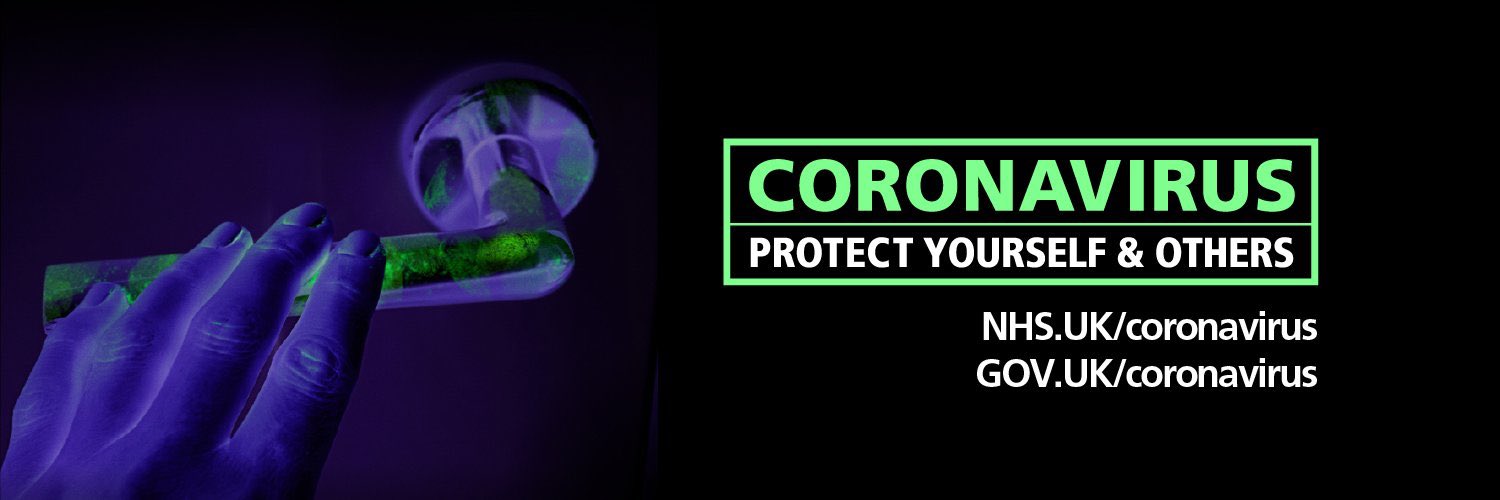Top clinicians are issuing advice to help reduce the spread of infection as the country moves into the ‘delay’ phase of its response to Covid-19.
Following the Prime Minister’s announcement yesterday (12 March), people worried about symptoms are being told by the chief medical officer not to call NHS 111 to try to book a test, as Public Health England have recommended an end to routinely testing for coronavirus in this next phase of the epidemic.
Instead, anyone worried about having the virus should self-isolate, without calling or checking with NHS 111 first.

Travel and contact history are no longer important for diagnosis, which will now be made on the basis of symptoms: a new continuous cough or high temperature.
The NHS is urging people to visit a new online advice hub at www.nhs.uk/coronavirus as the go-to place for clear advice for people with early symptoms of coronavirus.
The new web page details the latest guidance for anyone experiencing these possible early signs of coronavirus, and people should use this page as their first port of call if they are experiencing symptoms.
Professor Stephen Powis, national medical director for the NHS, said: “Everyone who has symptoms including a new continuous cough or high temperature should now stay at home and self-isolate, without needing to call or checking with NHS 111. As recommended by the chief medical officer, routine testing will now stop as it is unnecessary for those staying at home.
“As the chief medical officer also warned yesterday, calling NHS 111 routinely can put extra pressure on the NHS and could even make it harder for people with life-threatening conditions to get the help they need.
“The alternative option is expert and convenient advice online at nhs.uk/coronavirus which is the best port of call for help with coronavirus.
“For anyone who needs to stay at home and get better, they should continue to follow our advice and practice good hygiene, especially washing your hands more often and for longer, which will keep you and your family safe.”
Anyone who has either a new continuous cough or high temperature should follow this advice:
- Stay at home and do not leave your house for 7 days from when your symptoms started. This action will help protect others in your community whilst you are infectious.
- Plan ahead and ask others for help to ensure that you can successfully stay at home.
- Ask your employer, friends and family to help you to get the things you need to stay at home.
- Stay at least 2 metres (about 3 steps) away from other people in your home whenever possible.
- Sleep alone, if that is possible.
- Wash your hands regularly for 20 seconds, each time using soap and water.
- Stay away from vulnerable individuals such as the elderly and those with underlying health conditions as much as possible.
- Remain at home until 7 days after the onset of symptoms. After 7 days, if you feel better and no longer have a fever, you can return to your normal routine.
- If your symptoms worsen during home isolation or are no better after 7 days use NHS 111 online or call NHS 111; for a medical emergency dial 999.
- A cough may persist for several weeks in some people, despite the coronavirus infection having cleared. A persistent cough along does not mean people must continue to self isolate for more than 7 days.
This advice will continue to be reviewed and updated by experts, and the public can access the most up to date information at www.nhs.uk/coronavirus

